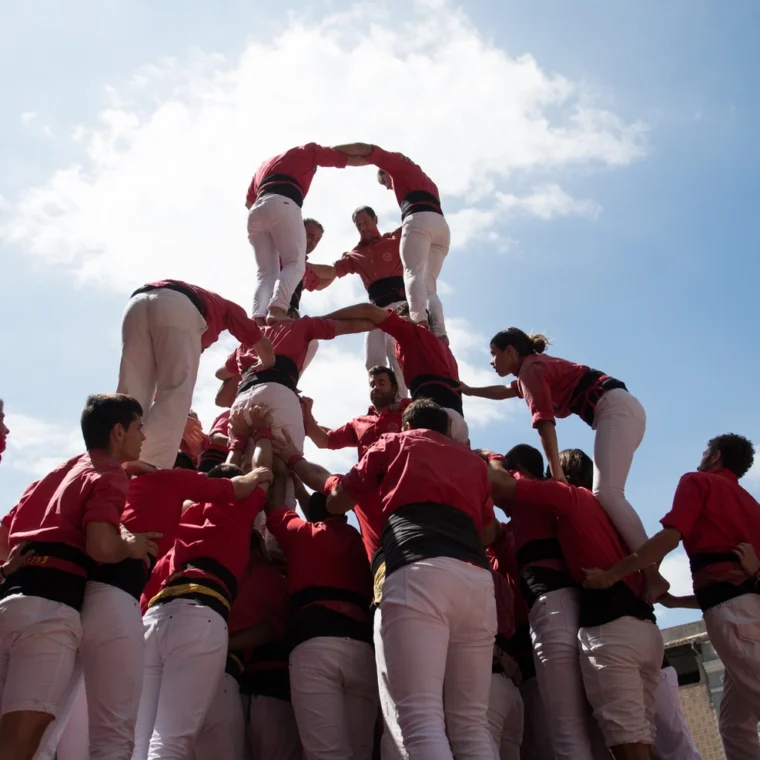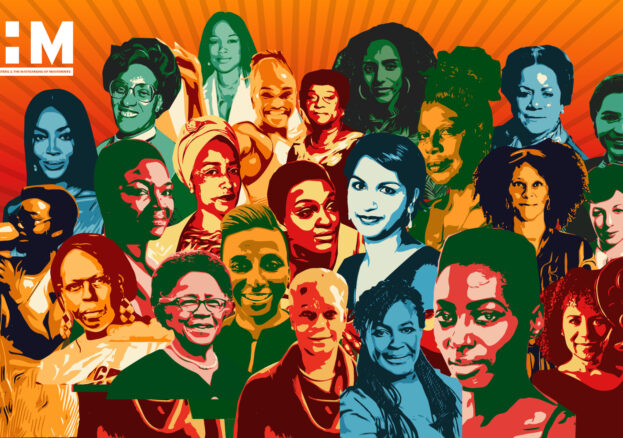Can psychological understanding of the therapeutic alliance assist Personal Injury client work?
Having done this for a few years now, we often hear our Personal Injury colleagues in case management, law, allied therapies, and care, talking about the ‘working relationship’ or ‘rapport’.
In conversations about this feature of our work, it sounds like there is a firm understanding that it is important, that it is necessary and that it must be present in the work we provide. Despite hearing it a lot, I do sometimes wonder how it is understood in its application: in the everyday work we do for our clients.
What does a ‘working relationship’ or ‘rapport’ look like in action?
I ask this because, in psychotherapy, we would have a diffferent name for it. We call it ‘Therapeutic Alliance’. And it’s complicated – as relationships of any kind often are – especially when strong emotions are involved, like trauma, grief, depression and anxiety.
Over the decades of psychotherapy’s development and across its many complex modalities and approaches, one thing is clear about the Therapeutic Alliance: it is the single most important feature of the professional-client relationship because it predicts around 80% of successful therapeutic outcomes, regardless of therapeutic approach or goals.
Essentially this means that once a good relationship is established, there is less pressure on the technical elements because the foundation is strong and flexible enough to achieve the goals, whatever they are.
Isn’t that incredible?!
Now, I want to make clear that I am not implying that every Personal Injury professional needs to become a psychotherapist. Instead, I am suggesting that it might in fact be worth our while, as professionals with lots of technical skills, to invest in the Therapeutic Alliance… because we know this is the most important factor in ensuring our goals can be met.
There is also a lot of evidence that a good therapeutic relationship improves both client satisfaction and professional fulfilment, saves time, increases compliance with general requests, and makes difficult conversations easier to manage. Win-wins all round!
Yet the subtle and intangible elements that underpin a strong therapeutic relationship are difficult to define and to measure. We just know it works.
So let’s unpick it a bit…
In psychological research, it is accepted that the therapeutic alliance/working relationship/ rapport is built on certain principles, like:
· Empathy.
· Unconditional positive regard.
· Agreement on what the problem is.
· The pathway to a solution.
· An agreement to work collaboratively.
Some practical themes under these principles we can use in the work we all do include:
· Acknowledging and validating feelings is hugely powerful and human.
· Working with honesty and genuine interest is felt by others even when it cannot be articulated.
· Connecting with and addressing others’ pain helps foster a feeling of safety and containment.
· Once people feel safe and contained, feelings of threat are reduced and so one can attend more to what is being said.
· The relationship becomes more sustainable and less anxiety-inducing because there is a sense that it can handle bumps and any unwitting clumsiness.
· It takes time and investment, especially when complex emotions are involved, as with many of our catastrophically injured families. Trust points need to be built consistently from the beginning.
Here are three strategies to improve your therapeutic alliance with your client and their family
· Consider ‘trust building’ from the moment you begin to see a client, and carry it throughout your time together. Sometimes it’s the little things that count (like remembering favourite colours) as much as the bigger things (like always informing them ahead of time).
· Periodically ask yourself whether you feel at ease/comfortable with your client. Try to capture what works. Perhaps even have an open conversation about it. If it is not an easy relationship, that’s OK. But what has made it tricky? What needs to change so they can come to you with their problem?
· Rupture and repair is ok. They are clues to what works and what doesn’t. Repair is healthy, and helps you learn about one another. Uncomfortable as it might be, openly and respectfully sharing the impact of a tricky time helps clear the air and removes a barrier from the journey’s path.
Benefits all round
You might have noticed that there is no consistent direction in the themes above – that is, there is no assumption about who needs to communicate these themes. Our professionalism will probably want us to take these steps.
But here’s the thing: while alliance-building only needs to be started by one of the people in the relationship, it eventually becomes a two-way street.
Of course, we do not expect our clients to acknowledge, validate, express genuine interest for or contain us, but authentically displaying these qualities will mean we also get it back – because our clients and their families are human, too, and humans are great reflectors.
And we, as professionals, are more likely to feel capable and positive in our role, making us more likely to want to continue in this important line of work, and for each client. Bonus.
It is PsychWorks Associates’ belief that every Personal Injury professional will want to work in their specialism for as long as possible if they find it fulfilling and joyful. However, for various reasons, joy and fulfilment are not always achievable. As an organisation, we are passionate about reducing barriers in the complex work we do, using psychological ideas – we hope you find these ideas can help make the path to good outcomes a less bumpy one.
If you would like more information about ways to build a strong relationship with your clients and their families, as well as experience more contentment in your role, please peruse our website at www.psychworks.org.uk.
On 9 April 2021, PsychWorks Associates is launching a series of free podcasts and tips to share psychological ideas that empower us in our work.
We also have free online resources via our Case Managers’ LinkedIn group and Personal Injury Professionals Facebook group to help you develop ideas to support your clients and be supported in your role.
Come and join us!




